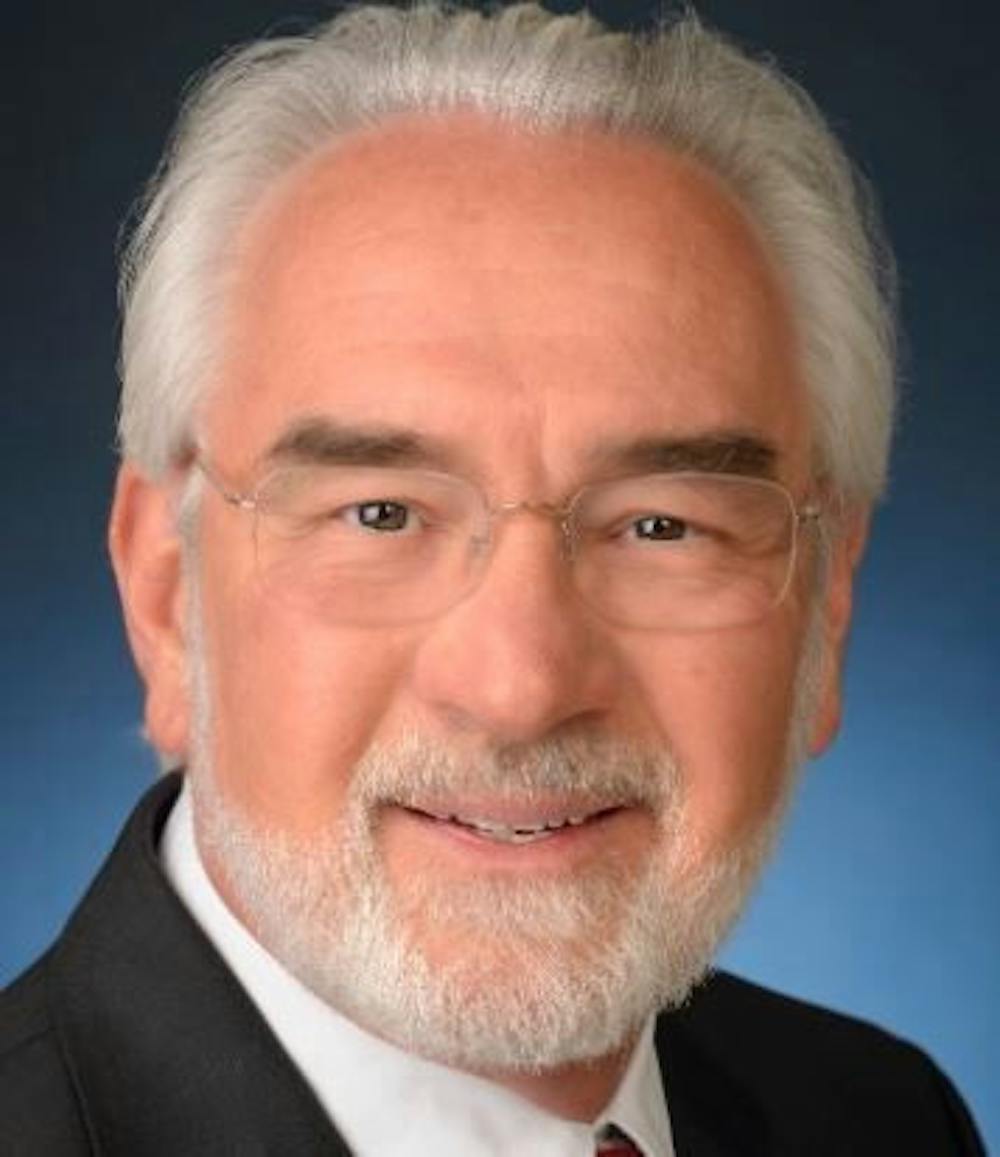The pandemic underscored the need for equal access to quality internet and technology for all students to be successful in their education. But, for the University of Memphis, the digital divide may continue to be ever present between its students.
Dr. Dan Bureau, assistant to the vice president of student academic success at the University of Memphis, said that despite the university’s best efforts to help students in need with its laptop and hotspot loaner program, it will never be able to reach every single student.
“Covid has exposed many of the cracks that were already there, including the financial insecurity many college students [and their families] face, which can manifest itself in the area of no access or limited access to the internet,” Bureau said in an email statement to the Daily Helmsman.
The university received a $100,000 grant that allowed it to purchase educational materials, including laptops and hotspots, for students in need.
Bureau said that his office sent out a survey in July 2020 to find students who needed technological aid and could be helped with the grant money. The office received 252 total responses with 186 students indicating that they had “inconsistent or no access to these materials at my home or location at which I do the majority of my coursework [required to do online courses due to Covid-19].”
To help these students, the university used the grant to overhaul its existing laptop loaner program, buying 300 new laptops as well as close to 100 hotspots and has allowed students to borrow them for an entire semester rather than the previous four-hour period that was allotted prior to the pandemic.
The university also instituted a new email alert to inform students of the available technology resources. The new alert, called the “No Internet, Computer, or Device Access” alert, sends students in need information about the new laptop program.
Unfortunately, only 67 of them have received the alert, according to Ryan Crews, coordinator of student academic success at the university. This number is up from 54 students in February, demonstrating a growing number of students who need aid. Crews said, however, that this doesn’t stand for all students who are in need at the university.
“This is not likely to be an accurate representation of the number of UofM students without internet access,” he said in an email.
Crews said that because the university cannot tell that students lack internet access when they use publicly available resources, like the campus library, these students would never receive an alert. Faculty at the library, from which the technology is available, have also tried to spread the word and still come up short.
According to Dr. John Evans, head librarian at the University of Memphis, he and the library staff have tried multiple methods to spread the word about the program, including everything from social media to flyers posted on doors. Evan still believes that the program missed students.
“I know, experience tells me, that as sure as I’m sitting here, that there is somebody out there who felt they had to drop out of school because they didn’t have a laptop,” Evans said.
Michelle Hostetter, another librarian at the university, said that, as of February, only 112 laptops out of the 300 purchased were rented out between both the main campus and Lambuth campus.
Evans said that one reason so few of the laptops are being used is because students who originally reported to the dean of students office that they were in need, found ways around their problems.
“As it turned out, we had extra. We did not need the 300. The people who indicated that they needed something, by the time it became available to them, they either decided that they didn’t need it or they found some other way to do it,” he said.
Despite the fact that available resources are being underutilized, many students at the university are still in need. In a survey sent to students, the Daily Helmsman found that there could be upwards of 34 students who would benefit from the program who are not currently taking advantage of it.
Bureau responded to the survey stating that he is glad that the university had been able to expand the number of resources available to students in the last year, but despite its best efforts, some students will continue to be left out.
“We can always do more to promote the program to students, but we will never have enough resources to help all students for whom this is an issue,” Bureau said.
John Evans, the university’s head librarian. Evans was the co-creator of the new laptop program.






